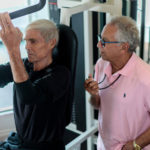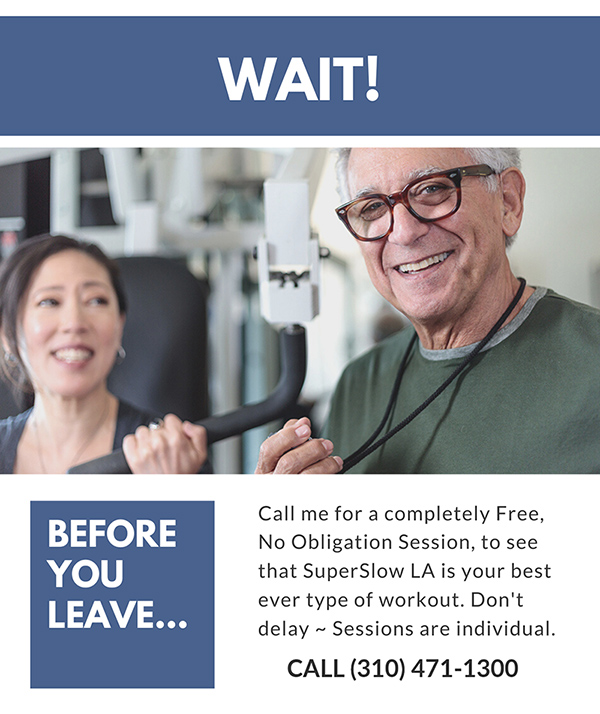What Is Menopause, Osteoporosis and Osteopenia
Menopause can indeed tie into osteoporosis and osteopenia in women. Let’s start by understanding what menopause, osteoporosis, and osteopenia are individually, and then explore how they are interconnected.
Menopause: Menopause is a natural biological process that occurs in women usually between the ages of 45 and 55, although it can happen earlier or later. It marks the end of a woman’s reproductive years and is characterized by the cessation of menstruation. During menopause, the ovaries gradually produce fewer reproductive hormones, particularly estrogen and progesterone.
Osteoporosis: Osteoporosis is a condition characterized by the loss of bone mass and deterioration of bone tissue, leading to increased bone fragility and a higher risk of fractures. It is more common in women, especially after menopause. The reduction in estrogen levels during menopause is a significant factor contributing to the development of osteoporosis.
Osteopenia: Osteopenia is a condition where the bone mineral density (BMD) is lower than normal but not low enough to be classified as osteoporosis. It is often considered a precursor to osteoporosis. Osteopenia may progress to osteoporosis if preventive measures are not taken.
Now, let’s explore the connection between menopause and the development of osteoporosis and osteopenia:
Estrogen plays a crucial role in maintaining bone health. It helps regulate the balance between bone formation and bone resorption, the natural process of breaking down old bone tissue. When estrogen levels decline during menopause, bone resorption can outpace bone formation, leading to a net loss of bone mass.
The accelerated bone loss experienced during the early years of menopause can significantly increase the risk of osteoporosis and osteopenia in women. The reduction in bone density can make the bones weaker, more porous, and more prone to fractures.
Other factors that can contribute to osteoporosis and osteopenia in menopausal women include:
Age: Bone mass naturally decreases with age, and menopause accelerates this process.
Hormonal changes: Besides estrogen decline, other hormonal changes during menopause, such as decreased production of progesterone and testosterone, can also contribute to bone loss.
Lifestyle factors: Sedentary lifestyle, lack of weight-bearing exercises, inadequate calcium and vitamin D intake, smoking, excessive alcohol consumption, and low body weight can all increase the risk of developing osteoporosis and osteopenia.
It is essential for women approaching menopause and postmenopausal women to be proactive in maintaining bone health. Some preventive measures include:
Balanced diet: Consume a diet rich in calcium, vitamin D, and other bone-healthy nutrients. Dairy products, leafy green vegetables, nuts, and fortified foods are good sources.
Weight-bearing exercises: Engage in weight-bearing exercises like walking, jogging, dancing, or weightlifting, as they help stimulate bone formation and improve bone density.
Lifestyle modifications: Avoid smoking, limit alcohol intake, and maintain a healthy body weight.
Bone density screenings: Periodic bone density screenings can help detect any changes in bone density early on, allowing for timely interventions if necessary.
In some cases, healthcare providers may also recommend hormone replacement therapy (HRT) or other medications to mitigate the impact of menopause on bone health. These decisions should be made after consulting with a healthcare professional who can assess the individual’s specific situation and provide appropriate guidance.
It’s important to remember that while menopause is a significant risk factor for osteoporosis and osteopenia, not all women will develop these conditions. Nevertheless, being proactive about bone health through a healthy lifestyle and regular check-ups can help minimize the risks and maintain
For more information regarding how workouts at SuperSlowLA can improve your total body toning, aerobic conditioning, plyometric training, nutrition planning, and body balance workouts with only 30-minute workout sessions each week, check out SuperSlowLA today at https://www.SuperSlowLA.com, 310-471-1300 or at 11604 Chayote Street, Los Angeles, CA 90049.
Make working out fun and effective by exercising and training your balance and entire body today at SuperSlowLA. Because whole body maximum health is absolutely achievable today! Contact SuperSlowLA today at https://www.SuperSlowLA.com to learn more.




